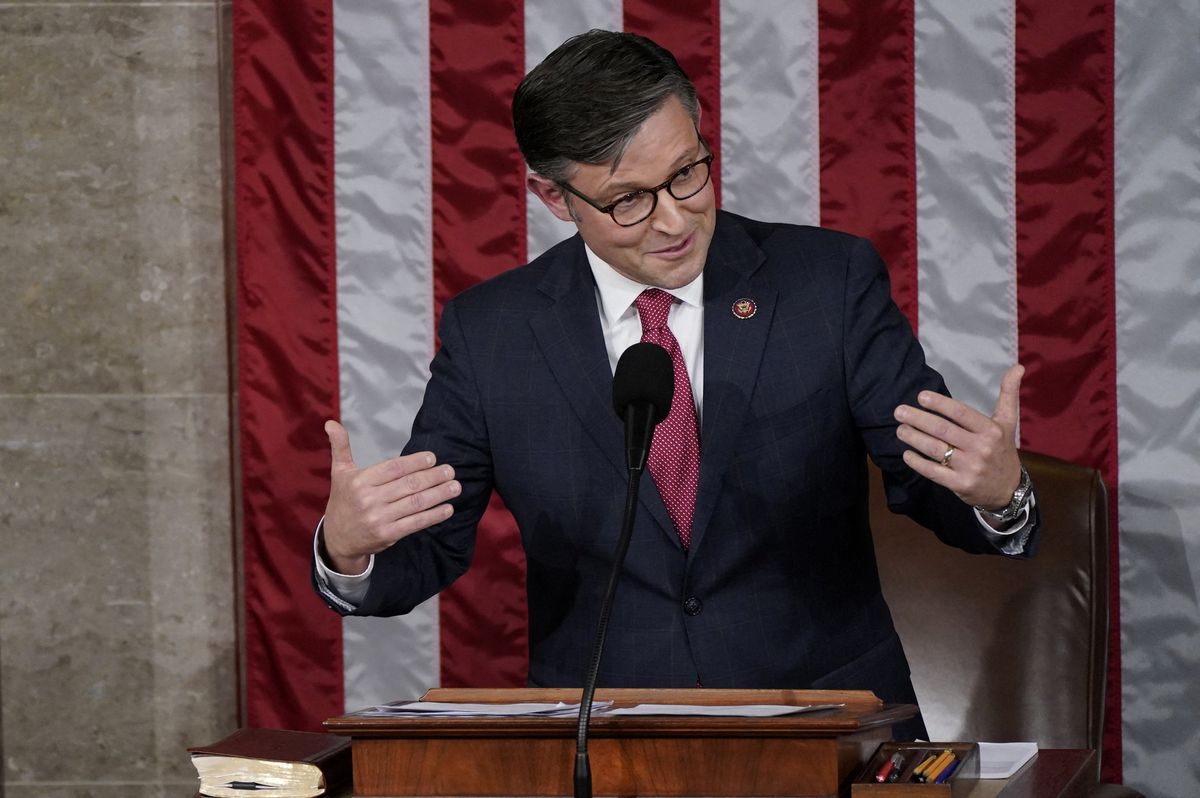As former US President Gerald Ford once told his fellow Americans, “Our long national nightmare is over.” On Wednesday, House Republicans united to elect Mike Johnson of Louisiana the new speaker of the House of Representatives.
How did Johnson bring Republicans together as several candidates before him could not? First, his inexperience is a plus. He’s never served in a senior leadership position in the House, the kind of post that forces choices that make enemies. In fact, now serving just his fourth two-year term, he is the least experienced speaker since John G. Carlisle, who served in the 1890s.
Second, unlike Tom Emmer, the most recent candidate to fall short, Johnson is an ally of Donald Trump. In fact, he was active among a group of House Republicans who sought to overturn the results of the 2020 presidential election in Trump’s favor.
Finally, though Johnson has established a solid conservative voting record, more moderate Republicans may well have agreed to support him with the expectation that he can bargain in good faith with Democrats to prevent a government shutdown next month and advance bills to send aid to Israel and Ukraine.
The bad news for Johnson is that the post remains a precarious one. The rule remains that a single disgruntled Republican member can open a process to oust him, just as Matt Gaetz of Florida did with former speaker Kevin McCarthy. If four of the other 220 House Republicans agree, he will lose his job.
For now, Republicans are likely fed up with acrimonious closed-door meetings and failed votes. That will earn Johnson the grace period he needs to move legislation forward. But the essential problems of Republican disunity and the limits of the speaker’s sustainable power will continue.



















